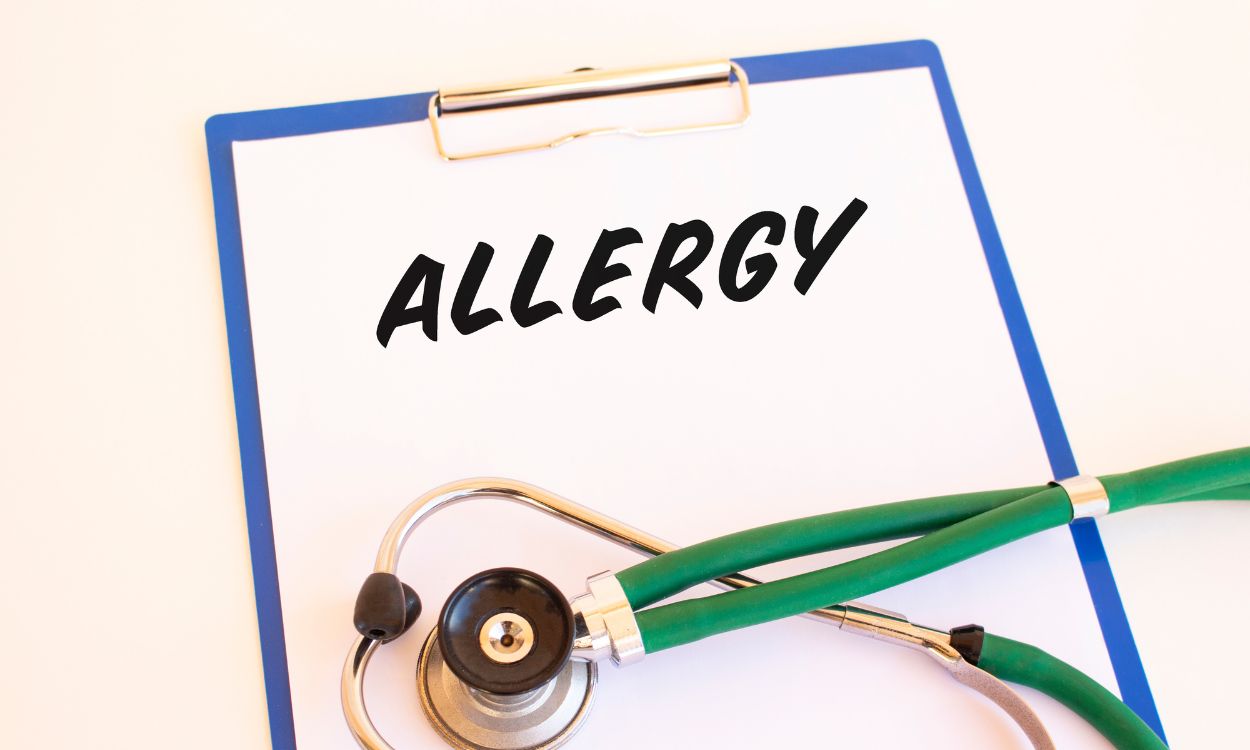Recognizing and Managing Anaphylaxis: First Aid for Severe Allergic Reactions
Anaphylaxis is a severe and potentially life-threatening allergic reaction that can occur within seconds or minutes of exposure to an allergen. It is a medical emergency that requires immediate attention. Anaphylaxis can be caused by a variety of allergens, including food, medication, insect stings, and latex. In India, the most common allergens that cause anaphylaxis are peanuts, tree nuts, shellfish, and eggs.
Symptoms of anaphylaxis can vary from person to person, but they usually involve more than one body system. The most common symptoms include:
- Skin reactions such as hives, itching, and swelling
- Difficulty breathing or shortness of breath
- Swelling of the throat and tongue
- Rapid heartbeat
- Low blood pressure
- Nausea, vomiting, and diarrhea
- Dizziness or fainting
If you suspect that someone is experiencing anaphylaxis, it is important to act quickly. Here are the steps you should take:
- Call for emergency medical help: Dial 108 or your local emergency number immediately. Anaphylaxis can be fatal if not treated promptly.
- Administer epinephrine: If the person has an epinephrine auto-injector, such as an EpiPen, use it right away. Epinephrine is a medication that can reverse the symptoms of anaphylaxis and buy time until medical help arrives. Make sure to follow the instructions on the auto-injector carefully.
- Help the person lie down: If the person is feeling faint or dizzy, help them lie down with their legs elevated. This can help improve blood flow to the brain and prevent fainting.
- Monitor the person’s breathing and vital signs: Keep a close eye on the person’s breathing and heart rate. If they stop breathing or their heart stops beating, start CPR immediately.
- Stay with the person until medical help arrives: Do not leave the person alone until medical help arrives. Reassure them and keep them calm.
Prevention is the best way to avoid anaphylaxis. If you have a known allergy, make sure to avoid the allergen and carry an epinephrine auto-injector with you at all times. If you are at risk of anaphylaxis, it is important to educate your family, friends, and coworkers about your condition and how to respond in an emergency.
Fitpaa can help you manage your health and fitness goals, including managing allergies and preventing anaphylaxis. Our personalized Fitpaa Capsule includes medical nutrition therapy, medical exercise therapy, medical therapy, and cognitive behavior therapy to optimize your metabolism and help you achieve your health and fitness goals with a 100 percent guarantee. Our Fitpaa app provides real-time guidance and tracking to help you stay on track and achieve your goals. Download the Fitpaa app today and take the first step towards a healthier, happier you.











